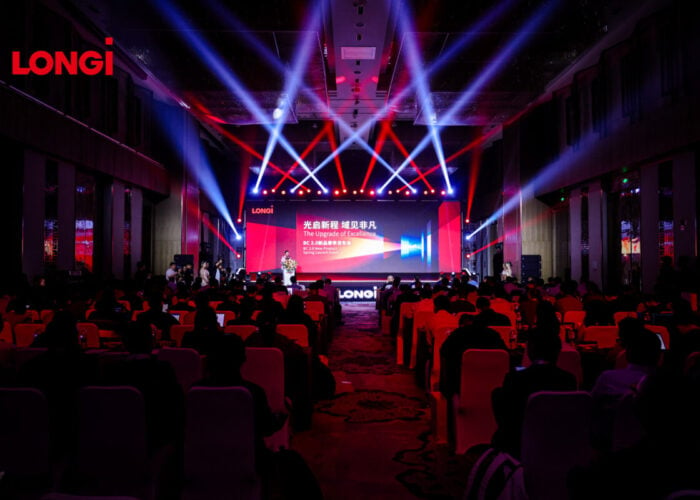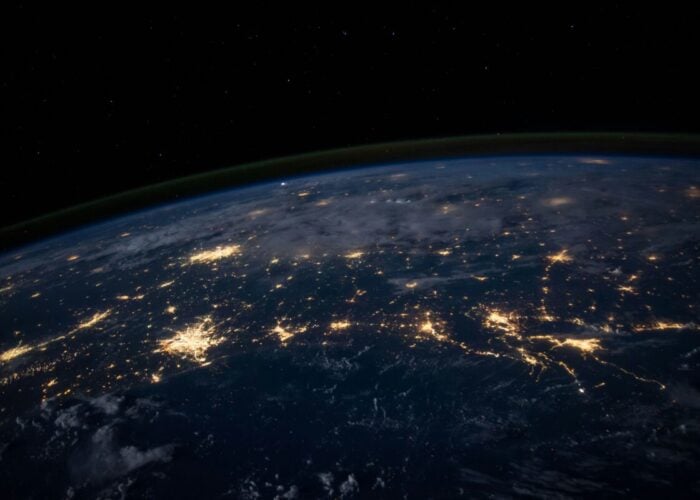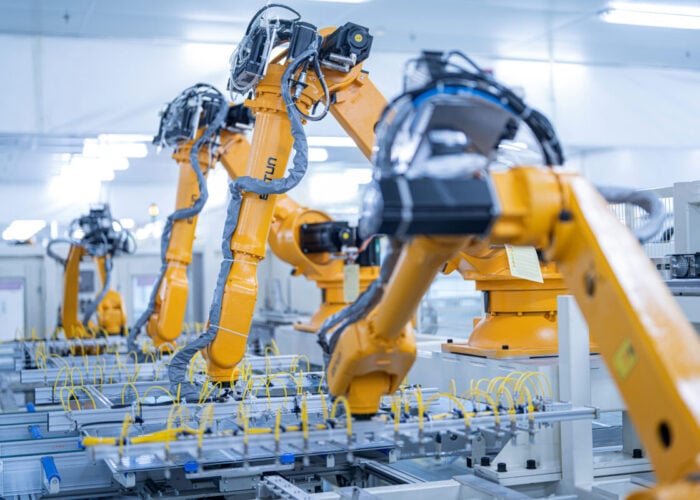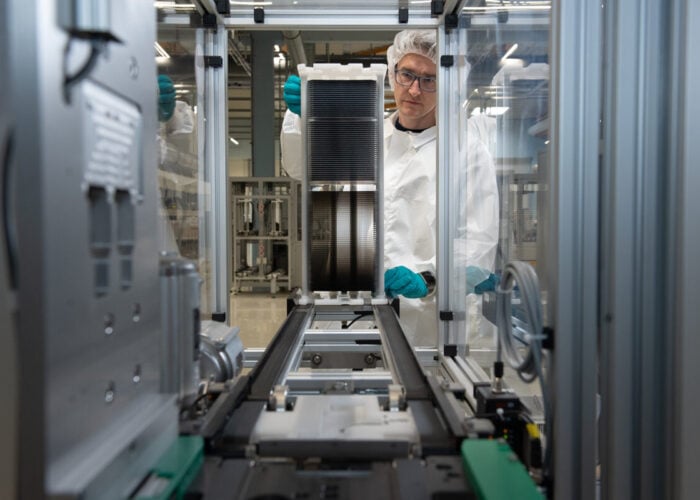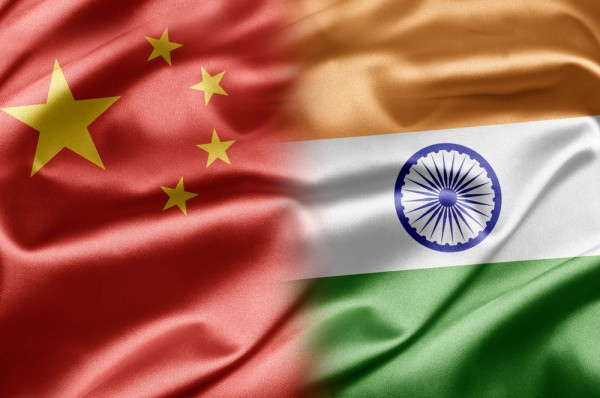
Indian authorities have launched an anti-dumping investigation into imports of solar cells from China, Thailand and Vietnam following an application filed by the Indian Solar Manufacturers Association (ISMA).
The trade body claims that material injury is being caused to India’s solar manufacturing industry due to dumped imports of cells, and has therefore called for an anti-dumping duty on solar cells from the three countries.
Unlock unlimited access for 12 whole months of distinctive global analysis
Photovoltaics International is now included.
- Regular insight and analysis of the industry’s biggest developments
- In-depth interviews with the industry’s leading figures
- Unlimited digital access to the PV Tech Power journal catalogue
- Unlimited digital access to the Photovoltaics International journal catalogue
- Access to more than 1,000 technical papers
- Discounts on Solar Media’s portfolio of events, in-person and virtual
Or continue reading this article for free
The announcement was made by India’s Directorate General of Trade Remedies (DGTR), which said an investigation has initiated to determine the existence, degree and effect of any alleged dumping and to recommend the amount of anti-dumping duty, which if levied, would be adequate to remove the injury to the domestic industry. The probe concerns the 18-month period from July 2019 to December 2020.
DGTR said there is evidence that the normal value of solar cells in China, Thailand and Vietnam is higher than the net export prices, thereby indicating that cells originating from them “are being exported at dumped prices, so as to justify initiation of investigation”.
ISMA’s petition, which was launched on behalf of Mundra Solar PV, Jupiter Solar Power and Jupiter International, claims “there are no significant differences” between imported solar cells and those produced by the domestic manufacturing industry.
According to India’s Ministry of New and Renewable Energy, the country has annual manufacturing capacities of 9GW – 10GW for PV modules and around 2.5GW for cells, meaning solar deployment in the country currently depends significantly on imported equipment, as it aims to deploy around 25GW of PV per year to reach its 2030 target of 280GW of solar installs.
Efforts to boost domestic solar manufacturing have seen India launch a production-linked incentive scheme that will see some INR45 billion (US$603 million) allocated over five years to back the development of high-efficiency PV modules, with preference given to manufacturers that set up fully integrated manufacturing plants.
This is in addition to import levies on cells, modules and inverters. Earlier this year, a duty on solar inverters was raised from 5% to 20%, adding to a 14.5% safeguard duty on module and cell imports that is set to expire this July.
Then, from April 2022, a 40% basic customs duty on modules and 25% duty on cells will come into effect, with project developers expected to ramp up efforts to commission new solar projects in the next 11 months.



